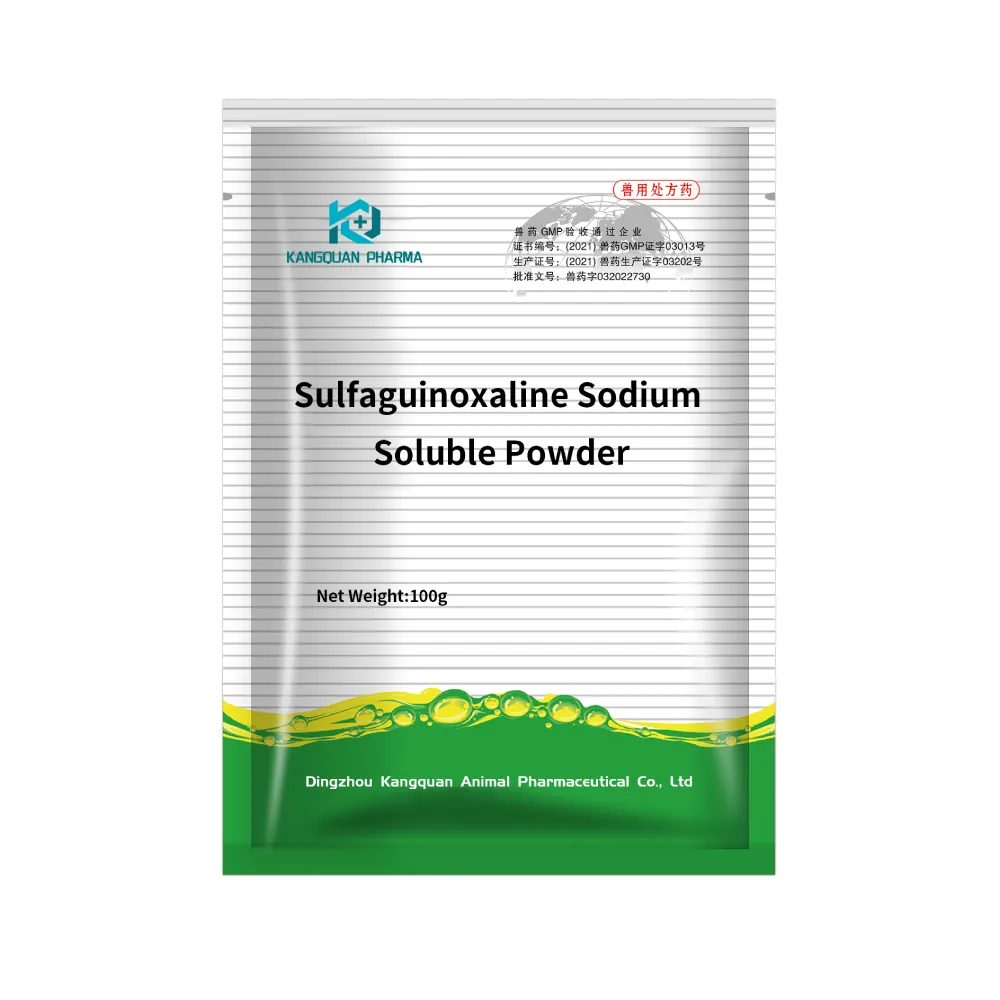- Afrikaans
- Albanian
- Amharic
- Arabic
- Armenian
- Azerbaijani
- Basque
- Belarusian
- Bengali
- Bosnian
- Bulgarian
- Catalan
- Cebuano
- Corsican
- Croatian
- Czech
- Danish
- Dutch
- English
- Esperanto
- Estonian
- Finnish
- French
- Frisian
- Galician
- Georgian
- German
- Greek
- Gujarati
- Haitian Creole
- hausa
- hawaiian
- Hebrew
- Hindi
- Miao
- Hungarian
- Icelandic
- igbo
- Indonesian
- irish
- Italian
- Japanese
- Javanese
- Kannada
- kazakh
- Khmer
- Rwandese
- Korean
- Kurdish
- Kyrgyz
- Lao
- Latin
- Latvian
- Lithuanian
- Luxembourgish
- Macedonian
- Malgashi
- Malay
- Malayalam
- Maltese
- Maori
- Marathi
- Mongolian
- Myanmar
- Nepali
- Norwegian
- Norwegian
- Occitan
- Pashto
- Persian
- Polish
- Portuguese
- Punjabi
- Romanian
- Russian
- Samoan
- Scottish Gaelic
- Serbian
- Sesotho
- Shona
- Sindhi
- Sinhala
- Slovak
- Slovenian
- Somali
- Spanish
- Sundanese
- Swahili
- Swedish
- Tagalog
- Tajik
- Tamil
- Tatar
- Telugu
- Thai
- Turkish
- Turkmen
- Ukrainian
- Urdu
- Uighur
- Uzbek
- Vietnamese
- Welsh
- Bantu
- Yiddish
- Yoruba
- Zulu
снеж . 03, 2024 18:38 Back to list
antiparasitic drugs for dogs
Antiparasitic Drugs for Dogs A Comprehensive Guide
Pets, especially dogs, are beloved members of many families. However, they can often suffer from parasitic infections that not only affect their health but can also pose risks to human family members. This has led to the development of various antiparasitic drugs designed to protect dogs from a range of parasites. Understanding these treatments is crucial for pet owners to ensure their dogs remain healthy and happy.
Types of Parasites
Before diving into the medications, it's important to understand the common parasites that can affect dogs. These include
1. Heartworms Transmitted through mosquito bites, heartworms can lead to severe heart and lung issues. 2. Fleas These external parasites can cause itching, skin irritations, and transmit other diseases. 3. Ticks Ticks are another external threat, capable of transmitting Lyme disease and other tick-borne illnesses. 4. Intestinal worms These include roundworms, hookworms, tapeworms, and whipworms, which can lead to gastrointestinal distress and malnutrition.
Antiparasitic Medications
Given the potential severity of these infestations, various antiparasitic drugs have been developed, each targeting specific types of parasites
.1. Heartworm Preventatives Medications such as ivermectin, milbemycin oxime, and selamectin are commonly used as heartworm preventatives. Administered monthly, these drugs work by killing developing heartworm larvae in the bloodstream. It’s essential to start preventive treatment as early as possible, as this disease can be fatal if not caught early.
2. Flea and Tick Control There are numerous options for flea and tick prevention, including topical treatments, oral medications, and collars. Products containing fipronil, imidacloprid, or selamectin are highly effective. These treatments work by disrupting the nervous systems of fleas and ticks, leading to their elimination. It's important to follow the manufacturer's instructions carefully for dosage and application frequency.
antiparasitic drugs for dogs

3. Intestinal Dewormers Medications like praziquantel for tapeworms, fenbendazole for roundworms, and pyrantel pamoate for hookworms are commonly used to treat intestinal parasites. These medications generally target specific worms, and in many cases, a veterinarian will recommend a fecal exam to determine which dewormer is most appropriate.
4. Combination Products Some medications combine multiple antiparasitic agents to provide broader protection. For instance, products that combine flea, tick, and heartworm prevention can simplify the task of keeping pets parasite-free.
Administration and Safety
When using antiparasitic drugs, dog owners should always adhere to the recommended dosages based on their dog’s weight. Overdosing can lead to serious health issues, while underdosing can result in insufficient protection. It's also important to consult with a veterinarian before starting any new medication. They can provide valuable insights into the best options for your individual pet based on their health status, lifestyle, and local environmental factors.
Also, consider the potential side effects. While most antiparasitic drugs are safe, some dogs may experience mild gastrointestinal upset or allergic reactions. Monitoring your pet for any unusual behavior after administration and contacting your veterinarian if adverse effects are noticed is essential.
Importance of Regular Veterinary Check-ups
Regular veterinary visits are crucial for maintaining your dog’s health, including effective parasite control. Your veterinarian can recommend specific tests to detect parasites and offer tailored advice on prevention strategies based on the risks in your area. They can also stay updated on the latest antiparasitic medications and protocols, ensuring that your dog receives the best care possible.
Conclusion
Antiparasitic drugs play a vital role in maintaining the health and well-being of dogs. With the right preventive measures and treatments, pet owners can protect their furry friends from the detrimental effects of parasitic infections. As a responsible dog owner, staying informed about these medications and maintaining an open line of communication with your veterinarian will ensure that your canine companion lives a long, healthy, and happy life. Investing time and resources into your dog's health today can yield a lifetime of companionship tomorrow.
-
Guide to Oxytetracycline Injection
NewsMar.27,2025
-
Guide to Colistin Sulphate
NewsMar.27,2025
-
Gentamicin Sulfate: Uses, Price, And Key Information
NewsMar.27,2025
-
Enrofloxacin Injection: Uses, Price, And Supplier Information
NewsMar.27,2025
-
Dexamethasone Sodium Phosphate Injection: Uses, Price, And Key Information
NewsMar.27,2025
-
Albendazole Tablet: Uses, Dosage, Cost, And Key Information
NewsMar.27,2025













